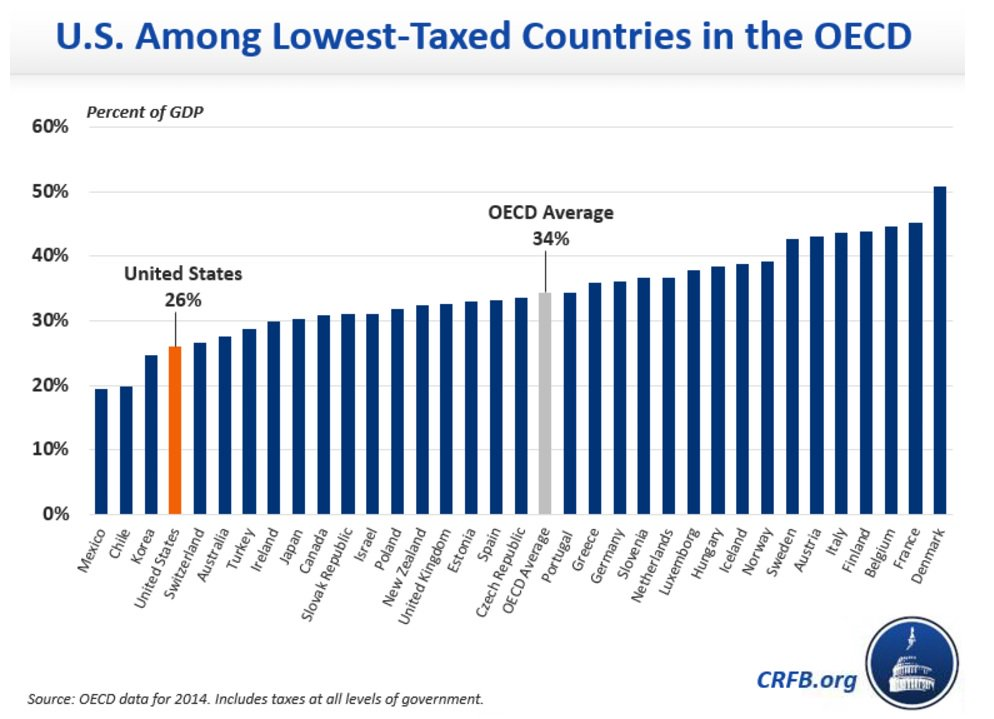Federal prosecutors are conducting a preliminary criminal probe into whether several Wall Street banks misled investors about their roles in mortgage-backed deals, The WSJ reports.
The banks in the early stages of scrutiny are: JPMorgan, Citigroup, Deutsche Bank and UBS. Under similar preliminary criminal scrutiny are Goldman and Morgan Stanley, as The WSJ reported yesterday.
As our guest Todd Harrison, CEO of Minyanville.com, explains, these probe leaks are part of a larger, growing attack against Wall Street. (See: The War on Capitalism)
The focus of the inquiry are mortgage-backed collateralized debt obligations or CDOs and whether banks misled investors about these bets.
So why the focus on these specific derivatives?
“Presumably what’s closest to home, no pun intended, for a lot of people is their mortgages and foreclosures that we’re seeing,” Todd tells Aaron in the accompanying segment. “So those are the instruments that kicked Main Street in the groin pretty much. That’s where the line was drawn for a lot of the populace anger to really start to percolate.”
Harrison, who warns against the unintended consequences of Wall Street reform in an earlier segement, says policymakers risk going down a “slippery slope” by attacking financial instruments they don’t understand in an effort to score political points.







